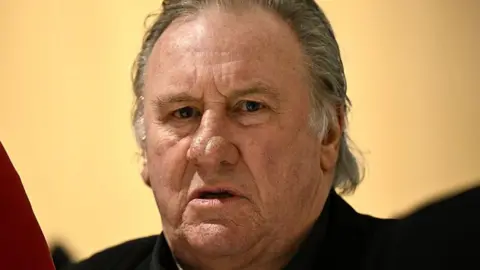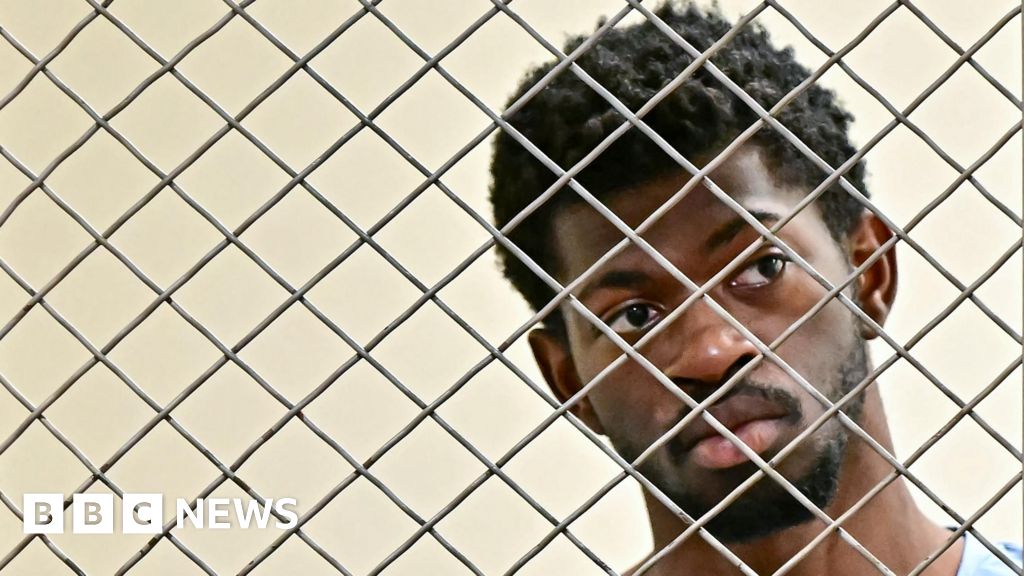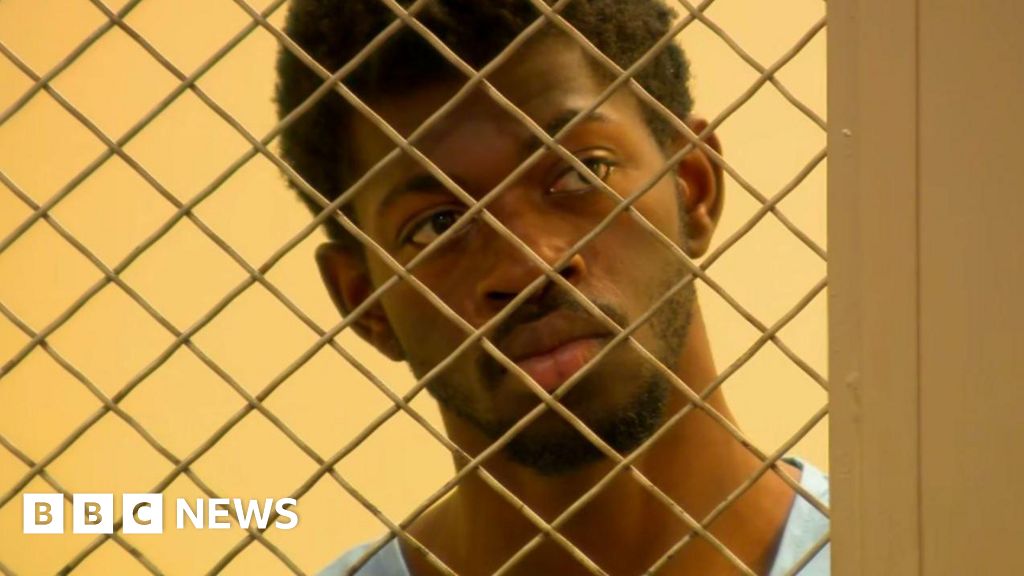In a high-profile case that has captivated Canada’s attention, five former junior ice hockey players were acquitted by an Ontario judge of sexually assaulting a woman in a hotel room in 2018. The ruling, delivered by Justice Maria Carroccia, came after a thorough eight-week trial, where evidence and testimonies were extensively reviewed.
The defendants—Michael McLeod, Dillon Dube, Cal Foote, Alex Formenton, and Carter Hart—were accused of assaulting a woman identified as EM during a Hockey Canada gala in London, Ontario. Justice Carroccia stated that EM's evidence lacked credibility and did not meet the threshold for establishing guilt on the charges, leading to the not guilty verdict.
The trial highlighted a contentious issue regarding consent, focusing on whether EM, who was 20 at the time of the incident, had consented to the sexual acts that later unfolded in the hotel room. Although she had initially agreed to engage in consensual sex with McLeod, she later claimed that she felt fearful and did not consent to further acts involving the other players.
Testimonies during the trial presented conflicting accounts of the events, with the players asserting that EM had requested their involvement, while her defense highlighted her intoxication. Only Carter Hart testified in his defense, with the remaining players opting to stay silent.
The court's ruling attracted significant public interest, prompting many to attend the proceedings, even requiring additional overflow rooms for listeners. Some players showed visible relief upon the verdict, while lawyers for EM expressed disappointment. Her legal representative, Karen Bellehumeur, emphasized the courage it takes to disclose such encounters and the pain of feeling disbelieved.
Justice Carroccia pointed to inconsistencies in EM's testimony and discrepancies between her statements to police and those made to Hockey Canada, where the latter had previously settled a civil suit regarding the matter. The trial featured videos that showed EM consented to the sexual acts ahead of time, though the judge acknowledged that under Canadian law, these recordings did not definitively establish consent due to the circumstances of their acquisition.
With emotions running high, EM's supporters held protests outside the courthouse, voicing their discontent with the ruling. Many believe this case could have long-lasting implications for how sexual assault cases are processed in Canada, igniting a more substantial conversation about belief, accountability, and the narratives that shape public perception of such incidents. As reactions unfold, it remains to be seen if the Crown will appeal the decision, adding another layer to this complex narrative.




















